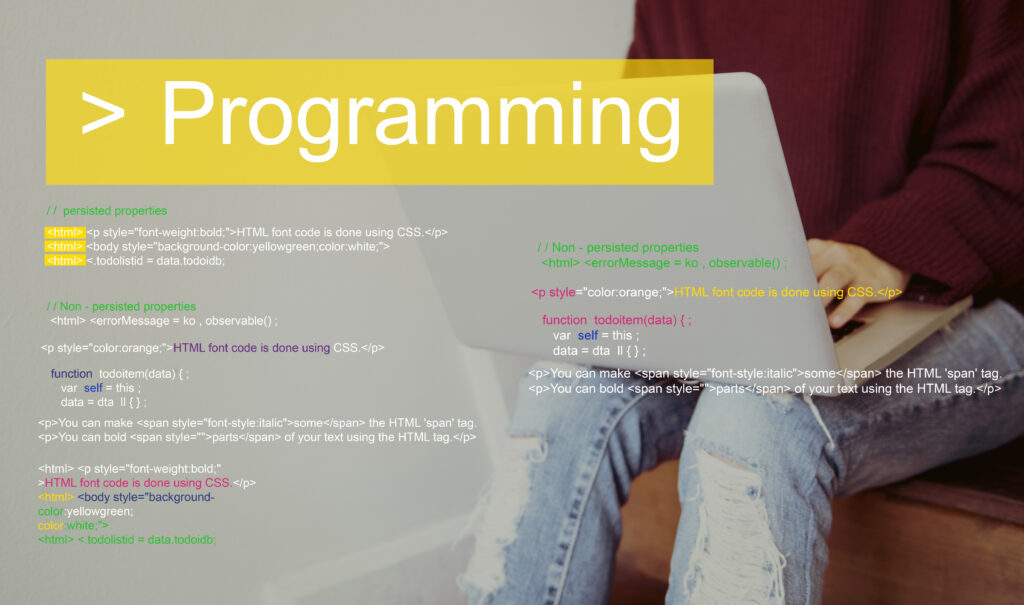
- Explore how remote coding bootcamps offer flexibility, allowing individuals to participate from anywhere in the world. This accessibility breaks down geographical barriers, making coding education available to a diverse and global audience.
- Intensive, Short-Term Programs: Discuss the structure of remote coding bootcamps as intensive, short-term programs designed to immerse participants in coding skills quickly. These programs often provide a condensed curriculum to equip learners with in-demand coding abilities in a matter of weeks.
- Industry-Relevant Curriculum: Highlight the industry relevance of remote coding bootcamp curricula. These programs often focus on teaching the most in-demand programming languages, frameworks, and tools, aligning with the needs of the tech industry.
- Interactive Learning Platforms: Examine the use of interactive learning platforms in remote coding bootcamps. These platforms often feature live coding sessions, collaborative projects, and real-world problem-solving exercises to enhance the interactive and hands-on nature of the learning experience.
- Mentorship and Support: Discuss the role of mentorship and support in remote coding bootcamps. Many programs provide mentorship opportunities, allowing learners to receive guidance, feedback, and support from experienced industry professionals.
- Career Services and Job Placement Support: Explore how remote coding bootcamps often include career services and job placement support. These services may include resume reviews, interview preparation, and connections to hiring partners to help graduates secure employment in the tech industry.
- Adaptability to Diverse Learning Styles: Discuss how remote coding bootcamps can cater to diverse learning styles. With a mix of instructional formats, including lectures, hands-on projects, and collaborative coding sessions, these bootcamps accommodate various preferences for learning.
- Technological Infrastructure Requirements: Address the technological infrastructure requirements for participants in remote coding bootcamps. This includes considerations for internet connectivity, hardware, and software tools to ensure that learners have the necessary resources for a smooth learning experience.
- Community Building and Networking: Emphasize the importance of community building and networking in remote coding bootcamps. Virtual meetups, forums, and social platforms facilitate connections between learners, instructors, and industry professionals, creating a supportive and collaborative learning environment.
- Continuous Learning and Skill Updates: Discuss the commitment to continuous learning and skill updates in the fast-evolving tech landscape. Remote coding bootcamps often emphasize the importance of staying current with industry trends and technologies to ensure graduates are well-prepared for the workforce.
- Considerations for Work-Life Balance: Acknowledge the potential challenges related to work-life balance in remote learning environments. Discuss strategies and tips for participants to manage their time effectively and maintain a healthy balance during the intensive bootcamp experience.
Remote coding bootcamps represent a transformative model for acquiring coding skills, offering a flexible, intensive, and industry-aligned approach to education. As the demand for tech talent continues to grow, these programs provide a viable pathway for individuals to enter the tech industry, regardless of their location.
